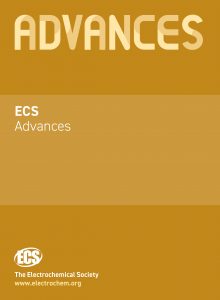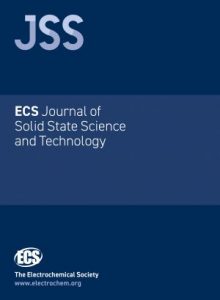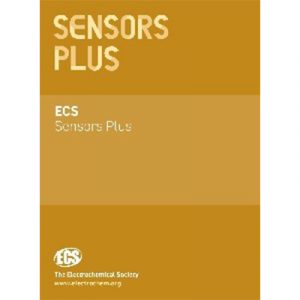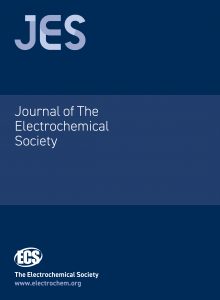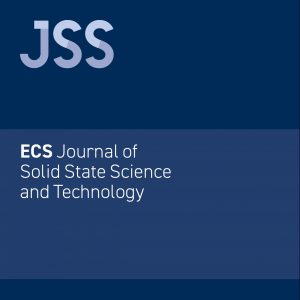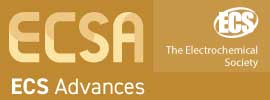In a recent ECS Sensors Plus publication, researchers spotlight a cutting-edge advancement in non-enzymatic glucose sensing using vanadium MXene-modified disposable screen-printed electrodes. The study, “Vanadium MXene Modified Disposable Screen-Printed Electrodes for Highly Sensitive Glucose Sensing,” explores the development of a highly sensitive, cost-effective, and reproducible sensor platform capable of rapid glucose detection.
Leveraging the unique electrochemical properties of vanadium-based MXenes, the authors demonstrate a low detection limit, wide linear range, and excellent selectivity—key parameters that make the device promising for real-world clinical and wearable biosensing applications. This innovation supports the growing demand for accessible and accurate glucose monitoring technologies, particularly in the management of diabetes. (more…)




